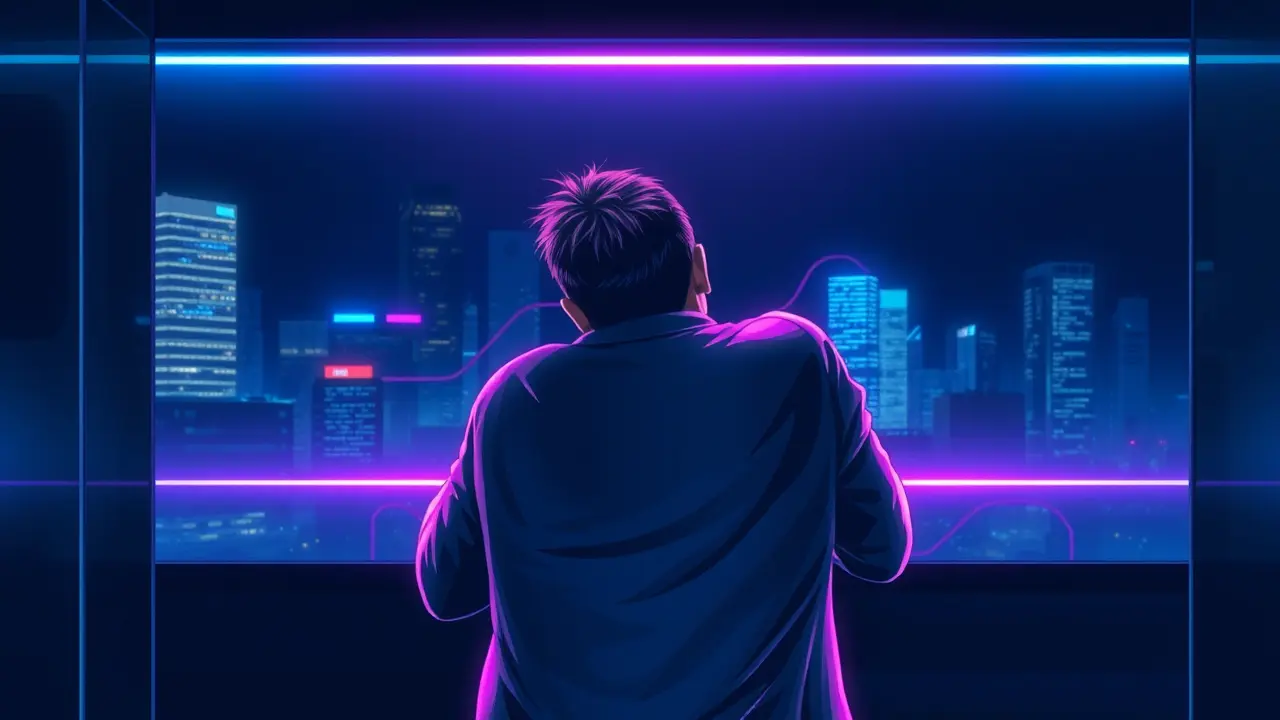
Entertainmentculture & trendsSocial Media Trends
People Paying for Hugs Due to Loneliness Epidemic
LA
Laura Bennett
1 day ago7 min read
In a quiet corner of a city that never sleeps, a new, profoundly human transaction is taking place, one that speaks volumes about our modern condition. For a flat fee of two hundred dollars, individuals are purchasing what was once considered a fundamental, freely given human right: the simple, comforting embrace of another person.This isn't about illicit services or shadowy dealings; it's a stark, unvarnished response to a loneliness epidemic that public health officials have been warning us about for years, a silent crisis festering beneath the glossy surface of our hyper-connected digital lives. I've spoken to several people who have sought out these professional cuddlers, and their stories share a common thread of profound isolation.One man, a software developer in his late thirties named Ben, told me he hadn't been hugged in over a year, not in a way that felt genuine or lasted longer than a fleeting, obligatory greeting. 'You go through your days, you have meetings on Zoom, you text with friends, but there's no physical contact,' he explained, his voice soft with resignation.'You start to feel like a ghost. Your skin literally aches for it.' This tactile deprivation, which researchers term 'skin hunger,' has tangible physiological consequences, triggering cortisol spikes and anxiety, making the warm, steady pressure of a hug not just an emotional salve but a biological necessity. The phenomenon echoes historical precedents where human connection was commodified during times of great social upheaval; one can draw a line from the paid companions of Victorian England to the host clubs of Tokyo, all serving as a barometer for societal disconnection.Yet, today's version feels more acute, born from the paradoxical isolation of urban density and the curated, yet ultimately hollow, relationships we maintain through screens. Experts like Dr.Anika Patel, a sociologist at the University of Chicago, see this as a symptom of a deeper fragmentation. 'We've outsourced so much of our lives,' she notes.'We have meal kits for cooking, apps for meditation, and now, we are outsourcing basic human touch. It's a logical, if heartbreaking, market solution to a systemic failure of community.' The consequences ripple outward, challenging our very conception of intimacy and consent, and forcing us to ask whether a paid-for hug can ever truly replicate the unconditional safety of a loved one's embrace, or if it merely highlights the void it attempts to fill. This isn't just a quirky news story; it's a poignant, real-time case study in the human cost of our evolving social contract, a quiet rebellion against a world that has forgotten how to hold on.
#featured
#loneliness
#social trends
#paid hugging
#human connection
#mental health
#modern relationships
Stay Informed. Act Smarter.
Get weekly highlights, major headlines, and expert insights — then put your knowledge to work in our live prediction markets.
Comments
It’s quiet here...Start the conversation by leaving the first comment.
© 2025 Outpoll Service LTD. All rights reserved.